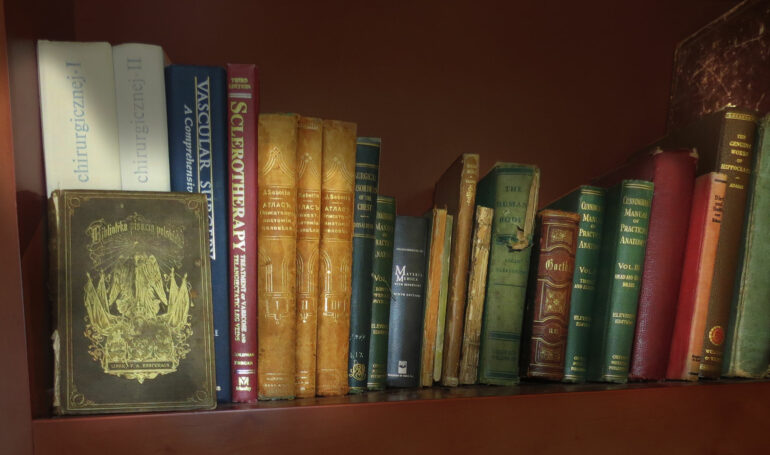
Getting Out a Good Book Takes Much Longer Than to Read It
“You write to communicate to the hearts and minds of others what’s burning inside you. And we edit to let the fire show through the smoke.”
Arthur Plotnik
Not many authors write readily publishable first drafts. For the rest, writing in essence is rewriting, and that’s an entirely different process. Some authors can do their own editing. Most, even the best ones, work with editors. The cooperation between the author and the editor often comes down to a love-hate relationship. The writer is an artist, often emotional about his or her work, working in the cloud, whereas the editor is a methodical, detailed, down to earth person. They both have, or should have, a common goal – to make the story shine as brightly as possible. The writer by composing it, the editor by making sure it runs flawlessly. And that’s a developmental editing.
There are next levels of shaping the story: copy editing, line editing and finally proofreading. Each pertains to work on the novel at the different level. So when the author writes The End, that’s just a beginning.
The recently released movie Genius brought this complex alliance of writer – editor to life. The stormy relationship between the legendary editor, Max Perkins, and writers Thomas Wolfe, and, to the lesser extent, Hemingway and Fitzgerald, showed how much work sometimes is required to create an ultimate piece of art. For me, Wolfe was a wild horse and Perkins a rider who tried to rein him. The intensity of work was such, that both, the writer and the editor, for months gave up their personal lives. The most telling scene was, when Wolfe brings the draft of his novel to Perkins’ office neatly tied up with string in batches loaded in several boxes. All million pages of it. Next we see the editor sitting at his desk and starting to read the drafted, handwritten story, page by page, starting from the page one. Daunting task. After a stormy process and from a complicated writer – editor relationship, the book, Of Time and the River, was born.
[embedyt] https://www.youtube.com/watch?v=gCvcD3IBSlc[/embedyt]Their love – hate relationship ended with Wolfe disowning Perkins and pairing with another editor. But on his deathbed, recuperating from the brain surgery at Johns Hopkins, the renowned writer penned a touching letter to his prominent editor giving him credit for most of his success and reassuring of his friendship.
August 12, 1938
Dear Max:
I’m sneaking this against orders—but “I’ve got a hunch”—and I wanted to write these words to you.
I’ve made a long voyage and been to a strange country, and I’ve seen the dark man very close, and I don’t think I was much too afraid of him, but so much of mortality still clings to me—I wanted most desperately to live and still do, and I thought about you all 1000 times, and wanted to see you all again, and there was the impossible anguish and regret of all the work I had not done, of all the work I had to do—and I know now I’m just a grain of dust, and I feel as if a great window has been opened on life I did not know about before—and if I come through this, I hope to God I am a better man, and in some strange way I can’t explain I know I am a deeper and a wiser one—If I get on my feet and get out of here, it will be months before I head back, but if I get on my feet, I’ll come back.
—Whatever happens—I had this “hunch” and wanted to write to you and tell you, no matter what happens or has happened, I shall always think of you and feel about you the way it was that 4th of July day 3 yrs ago when you met me at the boat, and we went out on the café on the river and had a drink and later went on top of the tall building and all the strangeness and the glory and the power of life and of the city was below—
Yours always,
Tom
So the next time, when your readers ask why does it takes you so long to write a book, you can invite them to see the movie Genius.

Leave a Reply